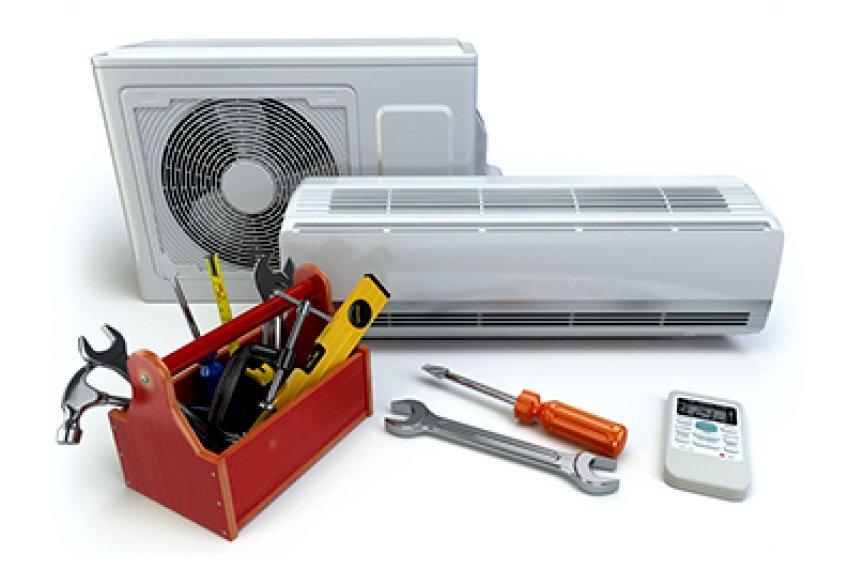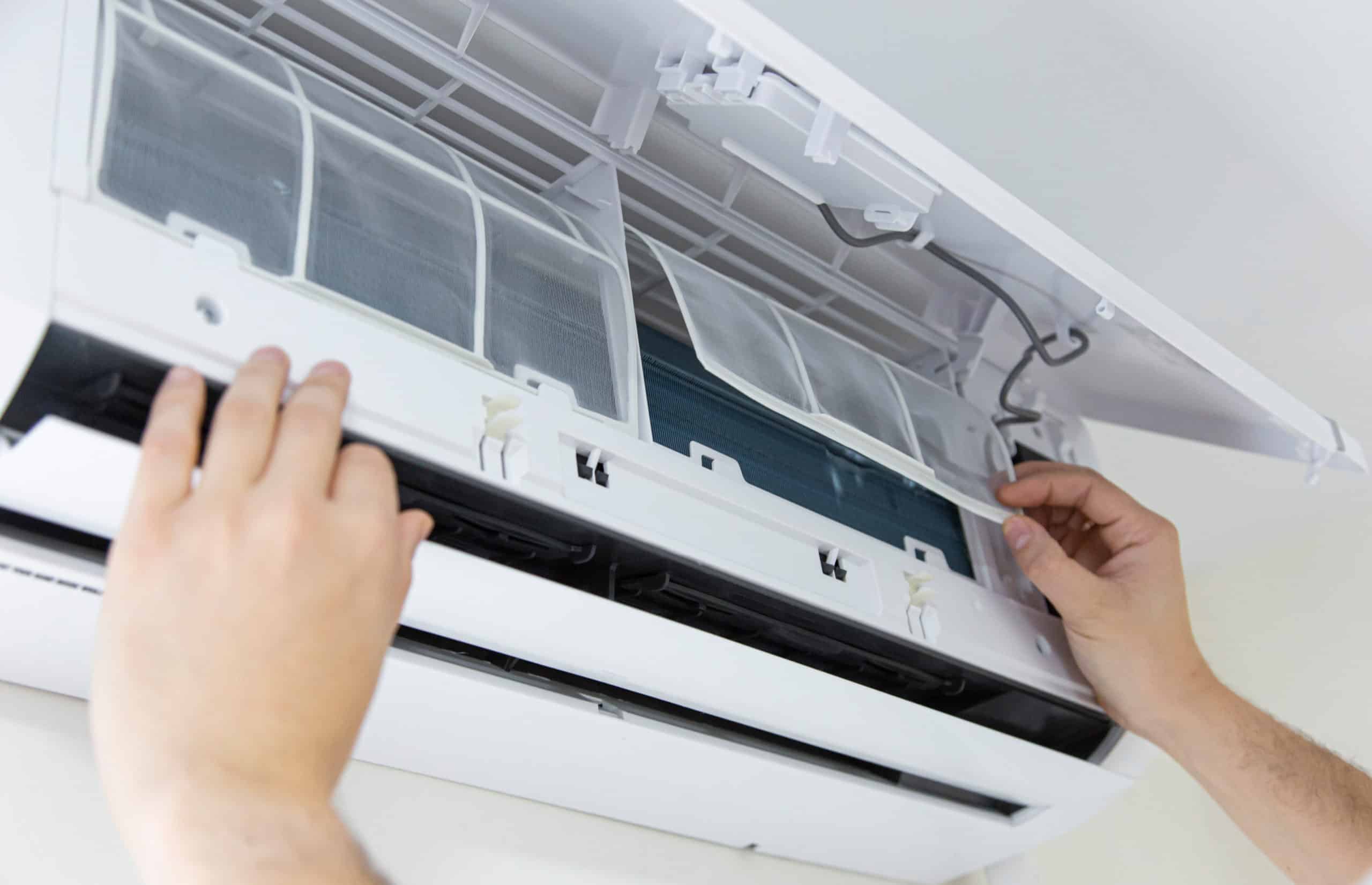Little Known Questions About Air Conditioning Repair Near Me.
Air Conditioning Repair: Specialist Cooling System Repair Ensures Your Home Remains Comfortable Throughout The Year
Kinds Of Air Conditioner Systems
When taking on a/c repair, comprehending the kind of air conditioning system you're dealing with can save time, cash, and stress. Ever wondered why some systems cool a room quicker than others? Or why particular systems seem to break down more regularly? Let's peel back the layers.
Central Air Conditioning
What Does Repair Air Conditioner Near Me Mean?
Think of a cool breeze flowing through an entire home, whispering convenience into every corner. Central air systems do precisely that. They utilize a network of ducts to disperse cooled air, depending on a compressor and condenser outside, combined with an evaporator coil inside. When this complex beast fails, determining the concern can be like finding a needle in a haystack.
Split Systems

Split systems are a popular choice for lots of homes-- part indoor unit, part outdoor compressor. They offer versatility and effectiveness, however their double nature indicates repair work can include either element. Have you ever heard an odd sound outside your home only to find the indoor system isn't cooling? That's a timeless sign of a split system glitch.
4 Simple Techniques For Repair Air Conditioner Near Me
Window Units
These compact warriors fight summer season heat by fitting snugly into a window frame. They integrate all parts into a single box. Their simpleness often indicates fewer repair headaches, however neglecting filters or allowing debris accumulation can lead to lessened performance or breakdowns.
Ductless Mini-Splits
The 7-Second Trick For Air Conditioner Repair Near Me
Ductless systems bypass ductwork completely, making them ideal for homes without existing ventilation. They're peaceful, efficient, and remarkably durable. Yet, when repairs are required, specialists must be skilled at handling refrigerant lines and electrical connections-- no little task.
Quick Referral Table
| Type | Key Features | Typical Repair Work Issues |
|---|---|---|
| Central air conditioning | Ductwork, whole-house cooling | Duct leaks, compressor failure |
| Split System | Indoor & & outdoor units | Refrigerant leakages, fan motor problems |
| Window Unit | All-in-one, easy setup | Unclean filters, electrical faults |
| Ductless Mini-Split | No ducts, zoned cooling | Line leaks, sensor breakdowns |
The smart Trick of Ac Fixing That Nobody is Discussing
Unraveling one of the most Frequent Air Conditioner Dilemmas
Have you ever questioned why your ac system suddenly stops cooling during a sweltering afternoon? One typical culprit is a dirty or stopped up air filter. This sneaky villain restricts airflow, requiring your system to work overtime, which not just reduces efficiency however can also result in premature breakdowns. Imagine trying to breathe through a scarf taken in dust-- it's tiring!
Another regular misstep is refrigerant leakages. These invisible leaks do not simply reduce click here cooling power but can also damage the compressor, the heart of your a/c system. How frequently do you look for unusual hissing noises or ice formation on the coils? Capturing these signs early can conserve you from expensive repairs down the line.
Beyond the Basics: Lesser-Known Issues
4 Easy Facts About Air Conditioning Repair Shown
Sometimes, the thermostat itself is the nuisance. Miscalibrated or defective thermostats send mixed signals, causing the air conditioner to cycle unpredictably. Ever experienced your AC turning on and off in fast succession? That's called brief biking, a tricky effectiveness drainer that can wear elements faster than you 'd expect.
Electrical problems, such as used wiring or a malfunctioning capacitor, may prowl beneath the surface area. Fix Air Conditioner. These typically manifest as a/c units stopping working to start or suddenly closing down. An expert eye knows to evaluate these components with precision tools, something a casual glance will not expose
Specialist Tips for Diagnosing Common AC Issues
Indicators on Fix Air Conditioner You Should Know
- Check and change air filters routinely-- every 1 to 3 months depending upon usage and environment.
- Listen for unusual sounds like rattling or buzzing that might indicate loose parts or electrical faults.
- Examine the outside system for particles or obstructions that hinder air flow and cause getting too hot.
- Search for frost accumulation on evaporator coils, a hint towards refrigerant problems or air flow restrictions.
- Test the thermostat settings and recalibrate if the temperature readings feel off.
Quick Reference Table: Symptoms & & Probable Triggers

| Sign | Probable Cause | Expert Tip |
|---|---|---|
| Warm air blowing | Low refrigerant or dirty coils | Tidy coils and examine for leakages right away |
| Short cycling | Thermostat issues or extra-large unit | Adjust thermostat settings and seek advice from sizing guidelines |
| Unit will not begin | Electrical faults or capacitor failure | Test wiring and replace capacitors as required |
| Water leak | Obstructed drain line or frozen evaporator | Clear drain lines and check for coil icing |
DIY A/c Upkeep Tips
The 5-Minute Rule for Ac Air Conditioner Repair
Ever seen your air conditioning unit sputtering like an old engine on a hot summertime day? Neglecting subtle indications typically means more than simply a sweaty afternoon-- it's a start to unanticipated a/c repair work expenses. What if you could capture those whispers before they turn into wails? Regular do it yourself maintenance can be your first line of defense.
Easy Actions to Keep Your AC Running Efficiently
Facts About Air Conditioner Repair Near Me Revealed
- Tidy or Replace Filters: A clogged filter resembles trying to breathe through a headscarf. Every 1-3 months, examine and switch out your filters. It enhances airflow and effectiveness, avoiding compressor strain.
- Check the Condenser Coils: Dust and debris act as invisible blankets smothering your unit's cooling power. Carefully brush or vacuum the coils, but avoid severe chemicals that might deteriorate the metal.
- Inspect the Drain Line: When was the last time you looked at your drain pan? A blocked drain can trigger water leakages and foster mold development. Flushing it with a vinegar service monthly keeps the flow clear.
- Seal and Insulate: Are your ductworks whispering leakages? Sealing gaps with mastic or foil tape increases performance and minimize uneven cooling.
Pro Tips Beyond the Basics
- Measure your unit's voltage to capture subtle electrical wear before it sparks huge problems.
- Listen for unusual hums or rattles-- these acoustic breadcrumbs typically signify loose parts or stopping working motors.
- Keep outside systems shaded however guarantee at least 2 feet of clearance around them for ideal airflow.
Ask yourself: Are you hearing your AC's quiet SOS or simply awaiting it to yell? Taking some time for DIY air conditioner maintenance changes reactive repair into proactive care, saving sweat, stress, and yes, cash.
The Definitive Guide to Air Conditioning Repair Near Me
Why Competence in Air Conditioning Repair Work Matters
Imagine this: your a/c system sputters and groans during a scorching afternoon, leaving you sweltering inside. Would you trust a beginner fumbling with delicate elements, or would you seek the peace of mind of a professional a/c technician!.?.!? The complexities of modern air conditioning systems demand accuracy and experience. A minor miscalculation can intensify a small malfunction into a pricey disaster.
Facts About Ac Fixing Uncovered
Hidden Complexities Behind the Cool Breeze
Many ignore the layers concealed below the sleek exterior of an AC unit - Fix Air Conditioner. From refrigerant leakages that calmly drain effectiveness to malfunctioning thermostats that misread temperature levels, these issues need more than a standard toolkit. Specialists have an eager eye for detecting issues that balance property owners overlook
Necessary Tips for Picking the Right Technician
Not known Incorrect Statements About Ac Repair Near Me
- Accreditation and Training: Validate credentials; a technician trained in the current HVAC technologies is invaluable.
- Experience with Particular Systems: Not all AC systems are developed equivalent; discover somebody knowledgeable about your model's quirks.
- Diagnostic Technique: Experienced service technicians utilize advanced tools-- like electronic leakage detectors and thermal imaging-- to determine hidden faults.
What to Anticipate from a Pro's Diagnostic Process
| Action | Purpose | Expert Insight |
|---|---|---|
| Visual Evaluation | Identify obvious wear or damage | Look for deterioration or uncommon sounds-- a telltale sign typically ignored |
| Pressure Checking | Identify refrigerant leaks | Subtle pressure drops can mean micro leaks undetectable to the naked eye |
| Electrical Checking | Guarantee circuit integrity | Loose connections can mimic severe mechanical failures |
Ac Repair Near Me Fundamentals Explained
Why Do It Yourself Often Falls Short
Tempting as it is to play with your air conditioner system, DIY repairs frequently miss out on the source. Topping off refrigerant may temporarily cool your area but disregards leaks that worsen over time. Expert technicians do not simply spot symptoms; they hound the underlying mechanical and electrical faults that sap efficiency.
Get This Report on Ac Repair
Concerns to Ask Before Employing
- What diagnostic tools do you utilize to recognize problems?
- Can you describe the repair process and expected results?
- Are you familiar with the refrigerants suitable with my unit?
- Do you follow safety procedures for handling electrical elements?